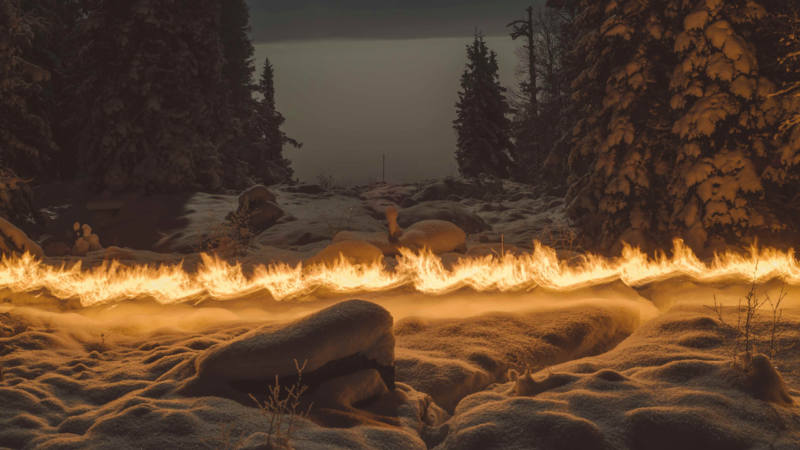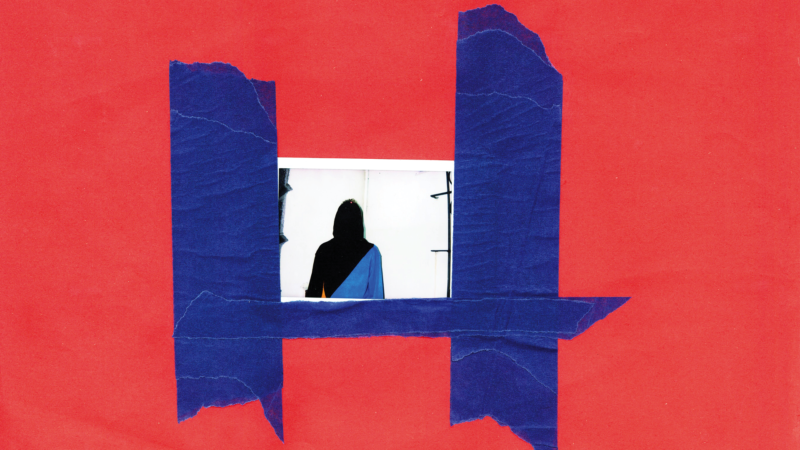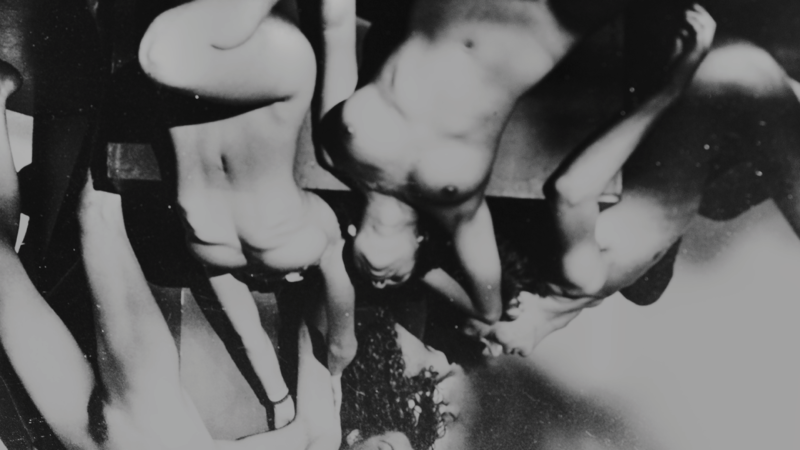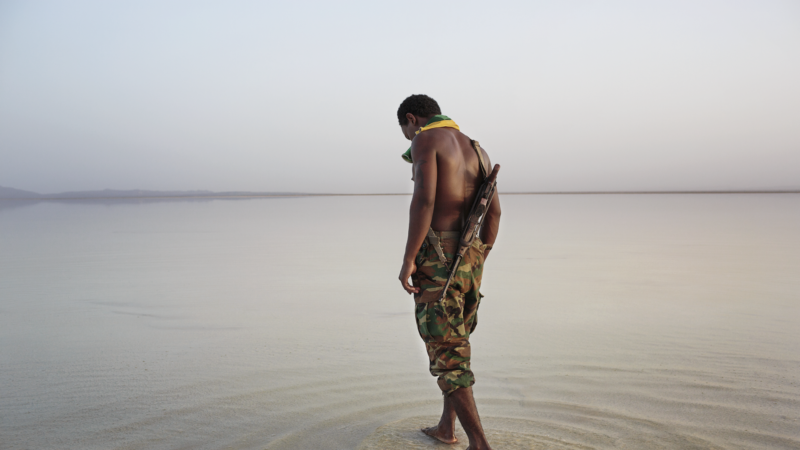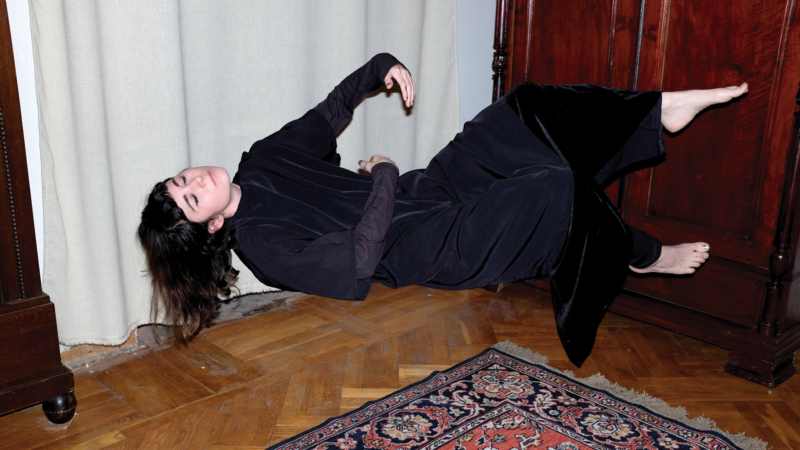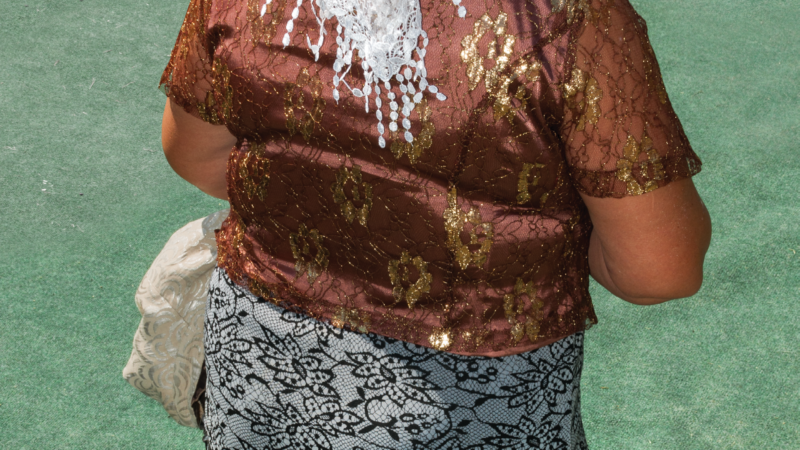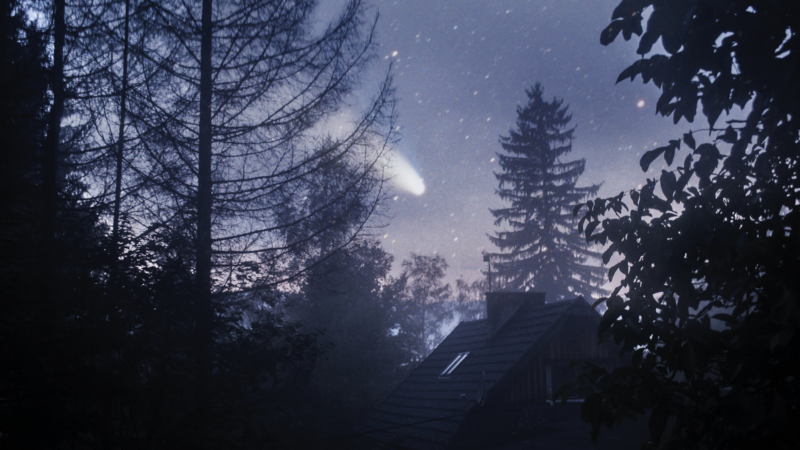In the impasse induced by crisis, being treads water; mainly, it does not drown.
Lauren Berlant, Cruel Optimism
The horizon of the good life that we were promised, with its fantasies of social mobility and equality, job security and meritocracy, and the family as a space of intimacy, has all but disappeared in a haze. Escalating conflict and migration on the one hand, together with the general precarisation of life and progressing political polarisation on the other, have made our world much harder to inhabit, to feel at home in. This loss of stable points of reference has left us grappling for answers and ways to live on, unsure about the existence of viable alternatives. At the same time, we remain attached to these fantasies of the good life, treading water. Our continuous efforts to make “life bearable as it presents itself ambivalently, unevenly, incoherently”, is something the American literary scholar Lauren Berlant calls optimism, an optimism that becomes cruel when what you desire becomes “an obstacle to your flourishing”.
Given that (cruel) optimism is defined in affective terms, and that change—the perspective of freeing yourself from its dynamic—“is an impact lived on the body before anything is understood, and as such is simultaneously meaningful and ineloquent”, it should come as no surprise that Berlant sees the ordinary as a space “for inventing new rhythms for living, rhythms that could, at any time, congeal into norms, forms, and institutions”. In other words, it is out of the ordinary that situations arise that can become transitional experiences; in which we sense a promise, ineloquent but present, of something other, not yet an alternative, but definitely something to start with.
This exhibition stages the ordinary as the site of our struggles, both existential and political, and hence also of the emergence of moments where the continuity of our experience is suspended and we are able to catch glimpses of such promises. As it turns out, the projects we chose all depart from experiences of the everyday and open them onto something else: an ethnography of the inadvertent beauty of anonymous interventions into the common space becoming truly collective works of art; images of suspended states and opaque situations acknowledging contingency as the basis of our existence; the body used as material in the search for beauty becoming landscape, becoming object, becoming a world; the depiction of a radically open ethnicity as something mysterious and from somewhere else—and some time else—questioning identity as something exclusive; the exploration of friendship as twinship questioning identity as something that is simply, unequivocally yours; a meditation on marriage as a space in which one can get lost showing the fragility—but also coercion—of intimacy; and finally, a garden of delights upon delights and a fantasy of flight (into the stars, away from what binds and conditions us) submitting fantasy as an opening, an opening onto new rhythms for living, and—again in Berlant’s words—“a life-sustaining defence against the attritions of ordinary violent history”.
In Andrzej Sosnowski’s Poem to the Reader that gave the show its title, what John Ashbery called “the weight of the present” is something both unbearable and too easy to shrug off:
“Don’t bite your lips. You have blood on them already.
It’s from the wild strawberries. Let’s go, there is nothing here.”
Artists:
Terje Abusdal
Jan Cieślikiewicz
Polina Karpova
Lucie Khahoutian
Flor Maesen
Viacheslav Poliakov
Kaja Rata
Karolina Wojtas
Curators:
Krzysztof Pijarski
Szymon Rogiński
Katarzyna Sagatowska
Salvatore Vitale
Centrum Filmowe Kraków – Creative Arts Center is an Exhibition Partner.
Place:
Centrum Filmowe Kraków – Creative Arts Center
ul. Lipowa 7
Opening:
19.05.2017, 8 p.m.
Exhibition open:
19.05–18.06.2017
Tue–Sun 11 a.m.–7 p.m.
Tickets:
Free admission



